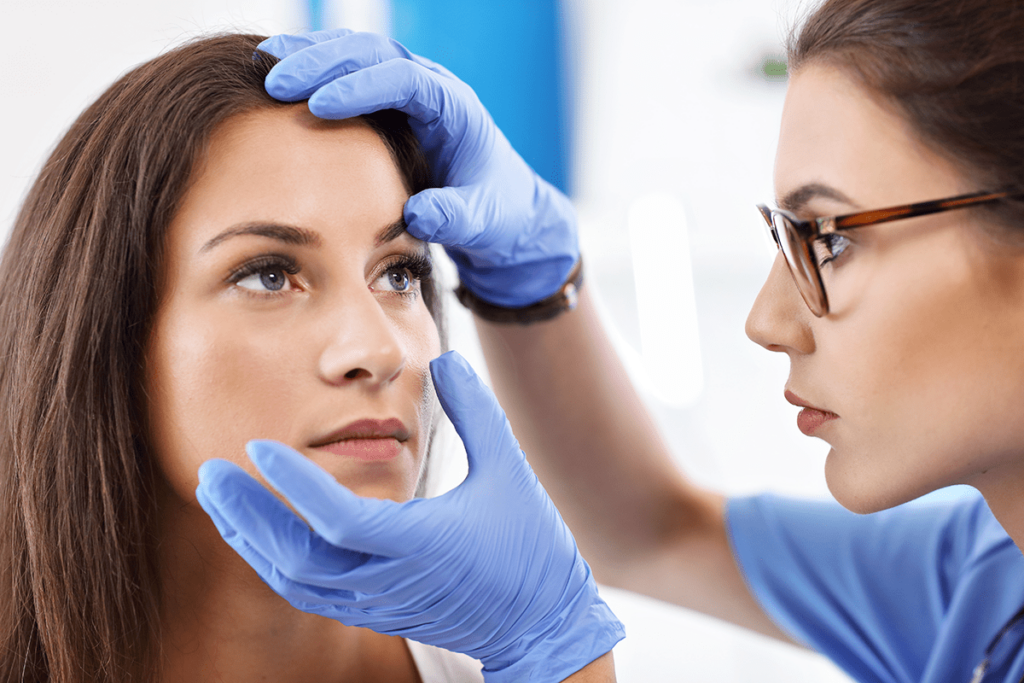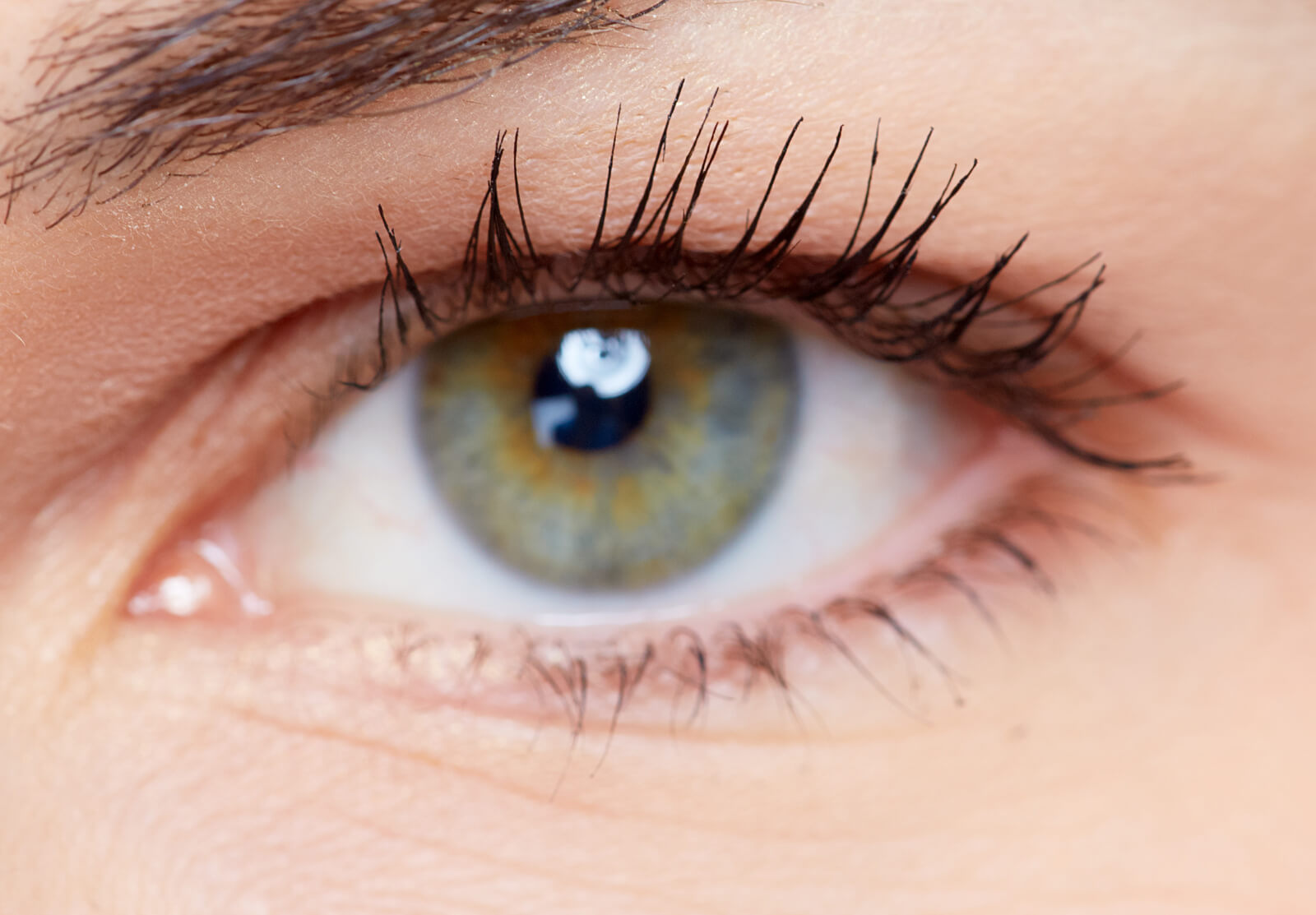The eyes are truly remarkable organs that allow us to see the world around us. One vital component of our visual system is the retina, a thin layer of tissue located at the back of the eye. Understanding the importance of retinal health is crucial for preserving our vision and ensuring a bright future. In this article, we will explore the role of the retina in vision, common retinal disorders and their impact on vision, and the basics of retinal eye care. We will also delve into advanced retinal care techniques, preventive measures for retinal health, and the future of retinal eye care.
Understanding the Importance of Retinal Health
The retina plays a vital role in our vision as it acts as a light-sensitive tissue that converts light into electrical signals. These signals are then sent to the brain through the optic nerve, allowing us to perceive the world around us. Without a healthy retina, our visual system would not function properly, leading to vision problems and impairment. Therefore, taking care of our retinal health is essential for maintaining clear and sharp vision.
Retinal eye care is a critical aspect of preserving our vision for the future. By understanding the importance of retinal health, maintaining regular eye examinations, adopting preventive measures, and embracing advancements in retinal care, we can safeguard our precious gift of sight. Let us take the necessary steps today to protect our vision and ensure a bright and vibrant future.
The Role of the Retina in Vision
The retina consists of multiple layers of specialized cells, including photoreceptor cells known as rods and cones. Rods are responsible for vision in dim light conditions, while cones allow us to perceive color and details in brighter light. These cells work together to capture light and convert it into electrical signals that can be processed by the brain. Without a healthy and properly functioning retina, visual information would not be transmitted effectively, resulting in vision loss.

Common Retinal Disorders and Their Impact on Vision
Unfortunately, various retinal disorders can arise, affecting the health and function of the retina. One common condition is age-related macular degeneration (AMD), which primarily affects the central part of the retina known as the macula. AMD can cause a gradual loss of central vision, making it difficult to perform everyday tasks such as reading or recognizing faces. Another prevalent retinal disorder is diabetic retinopathy, which occurs as a complication of diabetes and can lead to vision impairment or even blindness if left untreated.
Other retinal disorders include retinal detachment, retinitis pigmentosa, and macular holes, among others. Each condition presents unique challenges and requires specialized care. Early detection and treatment are crucial for minimizing the impact of these disorders on vision.
Retinal detachment is a serious condition that occurs when the retina separates from the underlying tissue. This separation can lead to a sudden onset of symptoms such as floaters, flashes of light, and a curtain-like shadow over the visual field. If left untreated, retinal detachment can result in permanent vision loss. Immediate medical attention is necessary to reattach the retina and restore vision.
Retinitis pigmentosa is a genetic disorder that causes the breakdown and loss of cells in the retina. This progressive condition often starts with night blindness and gradually progresses to tunnel vision or complete blindness. While there is currently no cure for retinitis pigmentosa, there are treatment options available to manage symptoms and slow down the progression of the disease.
Macular holes, on the other hand, are small breaks in the macula, which is responsible for central vision. These holes can cause a blurred or distorted central vision, making it difficult to read, recognize faces, or perform detailed tasks. Surgical intervention is often necessary to repair the macular hole and improve visual acuity.
As we can see, the health of our retina is crucial for maintaining optimal vision. Regular eye exams, a healthy lifestyle, and prompt treatment of any retinal disorders are essential for preserving our precious gift of sight.
The Basics of Retinal Eye Care
Regular Eye Examinations: A Must for Retinal Health
To maintain optimal retinal health, regular eye examinations are essential. During these examinations, your eye care professional will thoroughly assess the health of your retina, checking for any signs of abnormalities or changes. They may perform various tests, such as dilating your pupils to obtain a clearer view of the retinal structures. These examinations enable early detection of retinal disorders, allowing for prompt treatment to prevent further vision deterioration.
Moreover, these eye examinations are not only crucial for detecting retinal issues but also serve as an opportunity to assess your overall eye health. Your eye care provider will evaluate factors such as your visual acuity, eye pressure, and the health of other eye structures like the cornea and lens. This comprehensive evaluation helps in identifying any potential eye conditions beyond just the retina, ensuring a holistic approach to your eye care. Read more about pressure on https://www.princeton.edu/~asmits/Bicycle_web/pressure.html
Nutritional Support for Retinal Health
Proper nutrition plays a significant role in maintaining retinal health. Certain nutrients, such as omega-3 fatty acids, vitamin C, vitamin E, and zinc, have been linked to promoting retinal health and reducing the risk of certain retinal disorders. Including a variety of colorful fruits and vegetables, fish high in omega-3 fatty acids, and nuts in your diet can provide the necessary nutrients to support the health of your retina. However, it is always advisable to consult with a healthcare professional before making any significant dietary changes or starting any new supplements.
In addition to a healthy diet, lifestyle factors such as not smoking, maintaining a healthy weight, and wearing sunglasses to protect your eyes from harmful UV rays also contribute to overall retinal health. By adopting a holistic approach that combines proper nutrition, regular eye examinations, and healthy lifestyle choices, you can proactively care for your retinal health and preserve your vision for years to come.
Advanced Retinal Care Techniques
Modern Diagnostic Tools for Retinal Health
Advances in technology have revolutionized the field of retinal care, providing highly accurate and efficient diagnostic tools. Techniques such as optical coherence tomography (OCT) allow for detailed imaging of the retina, enabling healthcare professionals to detect even subtle changes or abnormalities. Fluorescein angiography is another valuable tool that uses a special dye to examine the blood vessels in the retina, aiding in the diagnosis and management of various retinal disorders.
Furthermore, the integration of artificial intelligence (AI) in retinal imaging has significantly enhanced diagnostic capabilities. AI algorithms can analyze vast amounts of retinal imaging data in a fraction of the time it would take a human, leading to quicker and more accurate diagnoses. This technology has proven especially useful in detecting early signs of conditions such as diabetic retinopathy and age-related macular degeneration, allowing for timely intervention and improved patient outcomes.
Innovative Treatments for Retinal Disorders
When it comes to treating retinal disorders, significant advancements have been made, offering new hope for patients. One such innovation is intravitreal injections, which involve administering medication directly into the vitreous gel of the eye. This targeted approach allows for the precise delivery of medications to the retina, improving treatment efficacy and minimizing side effects. Laser photocoagulation and vitrectomy are other surgical techniques used to treat specific retinal conditions, providing better outcomes and enhanced visual function.
In addition to these treatments, emerging therapies such as gene therapy hold promise for the future of retinal care. Gene therapy aims to address the underlying genetic causes of inherited retinal diseases, offering the potential for long-term and even curative treatments. By targeting specific genetic mutations, gene therapy has the potential to halt or reverse the progression of certain retinal conditions, opening up new possibilities for patients with previously untreatable diseases. Click here to find more about genetic.
Preventive Measures for Retinal Health
Lifestyle Changes to Support Retinal Health
Leading a healthy lifestyle can significantly contribute to the overall well-being of your eyes, including your retinal health. Avoiding smoking, maintaining a healthy weight, and engaging in regular physical exercise can help reduce the risk of developing retinal disorders. Additionally, managing chronic conditions such as diabetes and hypertension is crucial as these conditions can have a direct impact on retinal health.
Furthermore, incorporating a diet rich in antioxidants, vitamins, and minerals can provide essential nutrients that support retinal function. Foods such as leafy green vegetables, fish high in omega-3 fatty acids, and citrus fruits can help maintain the health of your retinas. Adequate hydration is also important for eye health, as it helps prevent dry eyes and supports overall eye function.
Eye Safety Precautions to Prevent Retinal Damage
Protecting your eyes from potential harm is an important aspect of retinal care. Wearing appropriate eye protection, such as safety goggles, when engaging in activities that may pose a risk of eye injury can help prevent retinal damage. Additionally, practicing good eye hygiene, such as avoiding excessive screen time and taking regular breaks, can reduce eye strain and promote overall eye health.
Moreover, regular eye examinations with an eye care professional are essential for early detection of any retinal issues. These comprehensive eye exams can help identify signs of retinal diseases such as age-related macular degeneration or diabetic retinopathy, allowing for timely intervention and management. By staying proactive about your eye health and following these preventive measures, you can help safeguard the long-term health of your retinas.

The Future of Retinal Eye Care
Emerging Trends in Retinal Health Care
The field of retinal eye care is continuously evolving, with new advancements and techniques emerging to further enhance patient outcomes. Researchers are exploring innovative treatments, such as gene therapy and stem cell therapy, which hold great promise for restoring and improving retinal function. These groundbreaking therapies have the potential to revolutionize the way we approach retinal diseases, offering hope to millions of individuals worldwide.
Gene therapy, for instance, involves the delivery of healthy genes into the retina to replace or repair faulty genes responsible for retinal diseases. This cutting-edge approach has shown remarkable success in clinical trials, with some patients experiencing significant improvements in their vision. As researchers continue to refine and optimize gene therapy techniques, we can anticipate even more remarkable outcomes in the future.
In parallel, stem cell therapy has emerged as another exciting avenue in retinal eye care. By using stem cells derived from various sources, including embryonic and induced pluripotent stem cells, scientists are exploring the potential of regenerating damaged retinal cells. This regenerative approach holds immense potential for individuals with conditions such as age-related macular degeneration and retinitis pigmentosa, offering the possibility of restoring lost vision.
The Role of Technology in Retinal Eye Care
Technology continues to play a vital role in advancing retinal eye care. From improved diagnostic tools to advanced surgical techniques, the integration of technology has resulted in better treatment outcomes and enhanced patient care. One notable technological advancement is the integration of artificial intelligence (AI) into diagnostic tools, revolutionizing the way retinal diseases are detected and managed.
AI algorithms can analyze vast amounts of retinal imaging data, enabling healthcare professionals to make accurate and timely diagnoses. By detecting subtle changes in the retina that may indicate the presence of disease, AI-powered diagnostic tools can facilitate early intervention and prevent irreversible vision loss. This transformative technology not only improves the efficiency of diagnosis but also enhances the precision and effectiveness of treatment plans.
Looking ahead, the future of retinal eye care holds immense promise. As technology continues to evolve, it is expected to further revolutionize retinal eye care, empowering healthcare professionals to provide even more effective and tailored treatments for patients. From advanced retinal implants that restore vision to the development of personalized treatment plans based on genetic profiles, the possibilities are truly exciting.
Other resources: Recognizing Retinal Damage Symptoms Early

